To provide the best experiences, we use technologies like cookies to store and/or access device information. Consenting to these technologies will allow us to process data such as browsing behaviour or unique IDs on this site. Not consenting or withdrawing consent, may adversely affect certain features and functions.
The technical storage or access is strictly necessary for the legitimate purpose of enabling the use of a specific service explicitly requested by the subscriber or user, or for the sole purpose of carrying out the transmission of a communication over an electronic communications network.
The technical storage or access is necessary for the legitimate purpose of storing preferences that are not requested by the subscriber or user.
The technical storage or access that is used exclusively for statistical purposes.
The technical storage or access that is used exclusively for anonymous statistical purposes. Without a subpoena, voluntary compliance on the part of your Internet Service Provider, or additional records from a third party, information stored or retrieved for this purpose alone cannot usually be used to identify you.
The technical storage or access is required to create user profiles to send advertising, or to track the user on a website or across several websites for similar marketing purposes.
 Employees facing increased job and financial insecurity at the onset of the pandemic suffered a wave of mental distress, according to research published by the National Centre for Social Research (NatCen). Rates of mental distress among employees were 60 percent higher in April than before the pandemic, and 50 percent higher in May, with significant increases both for employees who were furloughed and those who continued at work. (more…)
Employees facing increased job and financial insecurity at the onset of the pandemic suffered a wave of mental distress, according to research published by the National Centre for Social Research (NatCen). Rates of mental distress among employees were 60 percent higher in April than before the pandemic, and 50 percent higher in May, with significant increases both for employees who were furloughed and those who continued at work. (more…)








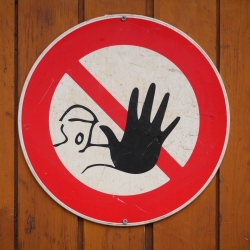 A recent
A recent 

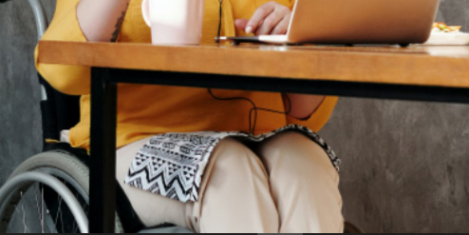
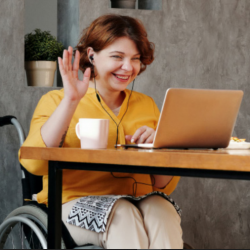 A vast majority of managers (75 percent) faced challenges with employees when working remotely, causing concerns within businesses preparing for the second UK lockdown.
A vast majority of managers (75 percent) faced challenges with employees when working remotely, causing concerns within businesses preparing for the second UK lockdown. 




 Workers have become less open about their mental health struggles since the coronavirus outbreak because of fears they could lose their jobs if they speak up, claims new research from the
Workers have become less open about their mental health struggles since the coronavirus outbreak because of fears they could lose their jobs if they speak up, claims new research from the 




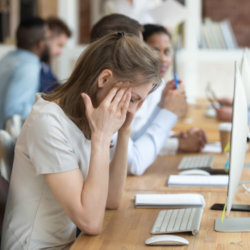 A new survey conducted by
A new survey conducted by 
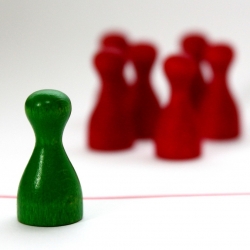









November 11, 2020
Burnout, stress and disconnection are now our most urgent workplace mental health issues
by Catherine Flynn • Comment, Flexible working, Wellbeing